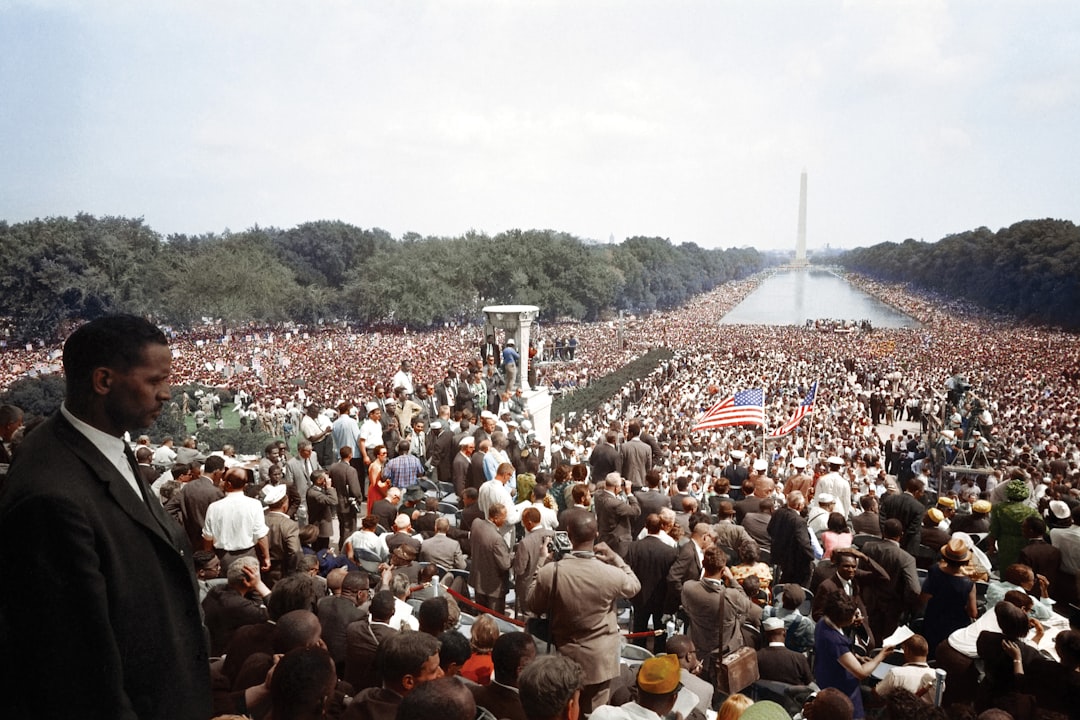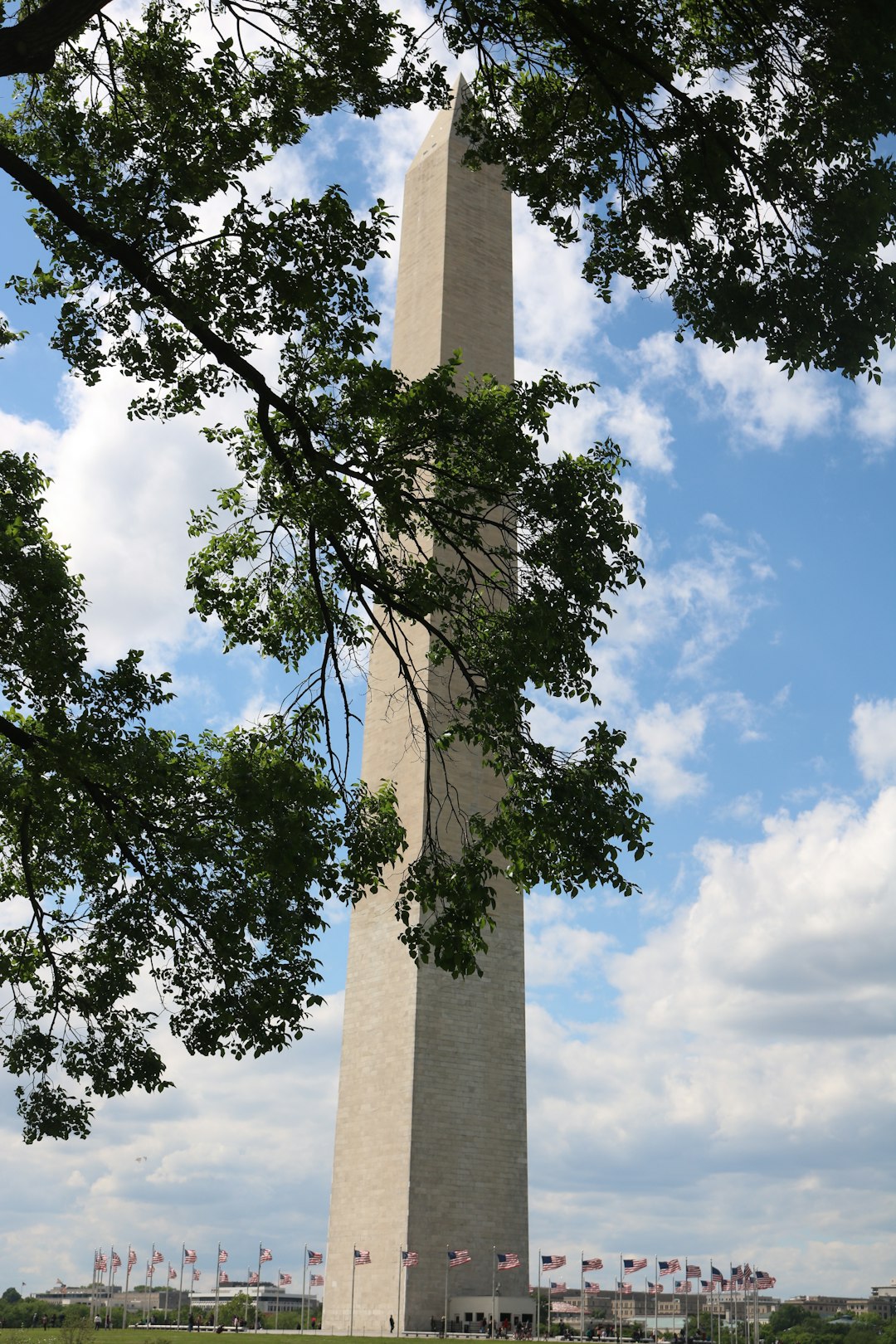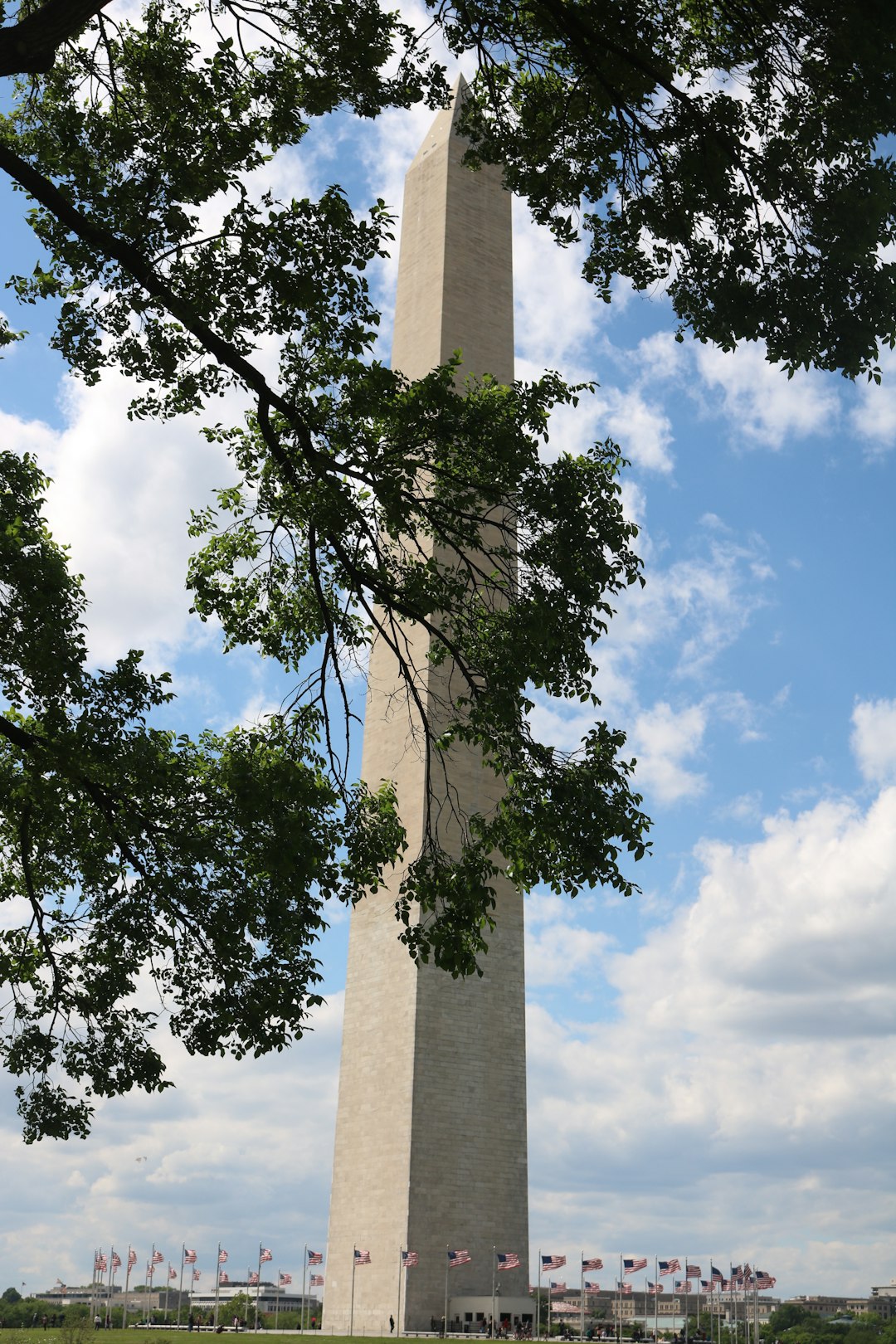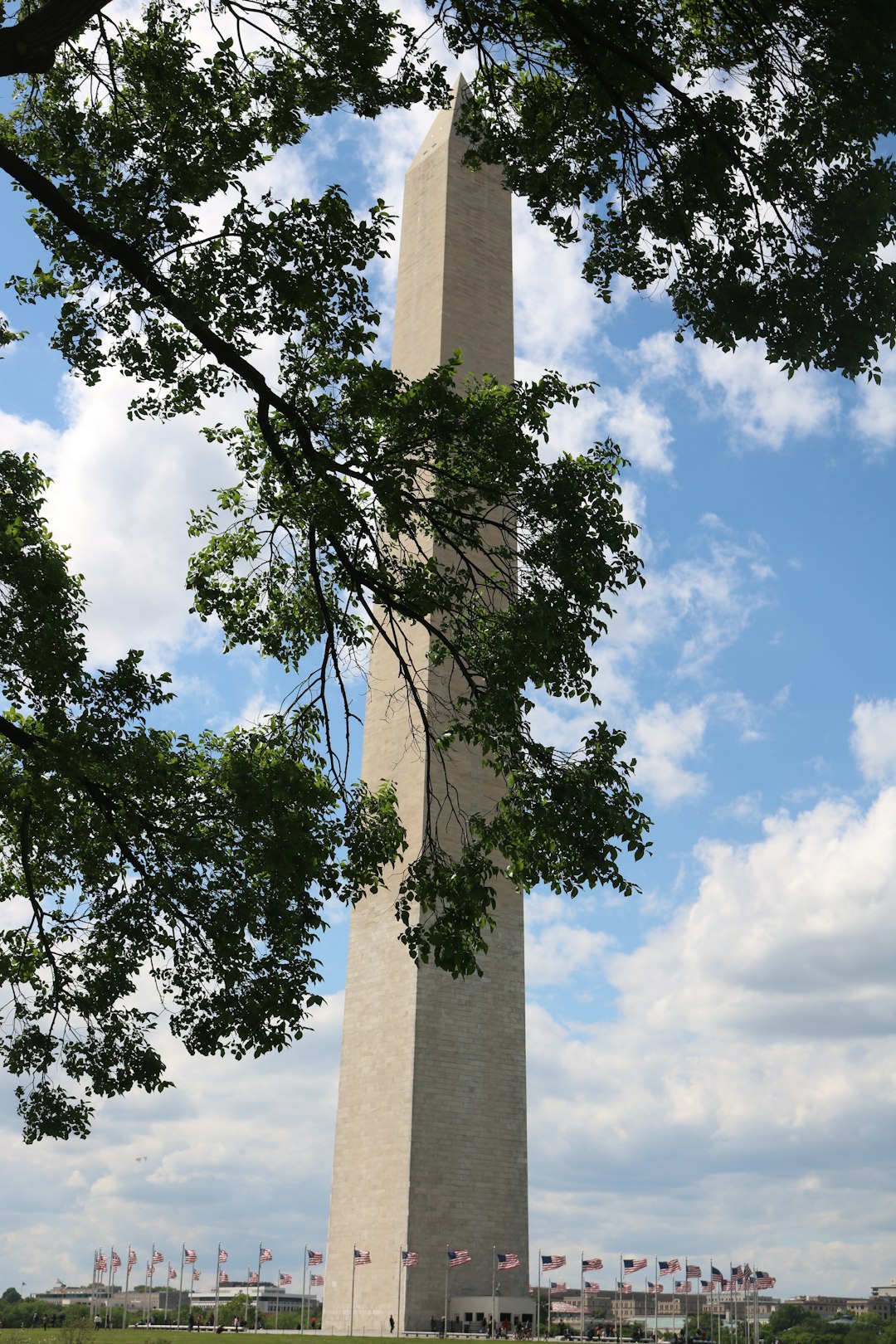Spam calling is a growing problem for gig economy workers in Washington D.C., causing stress, productivity loss, and financial harm due to fraudulent activities. Despite laws like the DC Consumer Protection Act and TCPA, loopholes allow relentless calls from out-of-state and international sources. Victims are turning to spam call law firms DC for help. Solutions include blocking apps, registering with Do Not Call, staying informed on regulations, updating contact info, and verifying job opportunities. A DC law firm navigates these stringent anti-spam laws to protect clients from unwanted phone marketing.
“In the bustling, ever-connected District of Columbia, the gig economy thrives, but so does a pervasive problem: spam calling. This intrusive practice impacts workers’ lives and well-being, disrupting their work and peace of mind.
This article explores the rising issue of spam calls targeting DC’s gig economy, delving into its effects on mental health, the legal landscape, and offering practical strategies for mitigation. We also advocate for stricter anti-spam legislation, highlighting the need for a comprehensive approach to protect workers from these unwanted intrusions, with recommendations from top spam call law firms in DC.”
Understanding Spam Calling and its Prevalence in DC's Gig Economy

Spam calling, an increasingly prevalent issue in the District of Columbia, poses significant challenges for gig economy workers who are often the primary targets of such unwanted communications. With the rise of freelance and on-demand work, many individuals in DC rely on their ability to receive calls from clients, employers, or relevant business opportunities. However, the influx of spam calls has become an unwelcome distraction, leading to wasted time, frustration, and potential safety risks.
The sheer volume of spam calls targeting gig workers in DC highlights a growing concern. These unwanted phone calls often promote legal services, investment schemes, or fraudulent offers, taking advantage of individuals who are busy managing their work-life balance. The District’s relatively lax regulations surrounding spam calling compared to other regions further exacerbates the problem, making it crucial for both workers and authorities to raise awareness about this issue and explore effective solutions, including potential advocacy from a spam call law firm DC residents can trust.
The Impact on Workers' Mental Health and Well-being

Spam calling, particularly from scam artists and phone salesmen, can significantly impact the mental health and well-being of gig economy workers in Washington DC. These relentless calls often disrupt workers’ focus and productivity, leading to increased stress levels and anxiety, especially when personal or financial information is inadvertently shared during these interactions. Many gig workers, who already face precarious work conditions, may struggle with the emotional toll of constantly being on high alert for fraudulent activities.
The prevalence of spam calls targeting DC’s gig economy has prompted concern among mental health professionals. The constant need to be vigilant against potential scams can contribute to chronic stress and even lead to symptoms of depression. Furthermore, when workers fall victim to these calls, it not only affects their financial stability but also erodes trust in communication systems, impacting their overall sense of security. This issue underscores the importance of strengthening spam call laws, such as those offered by a DC spam call law firm, to protect vulnerable gig economy workers from such harassment and ensure their mental well-being.
Legal Perspective: Current Laws and Loopholes in DC

In the District of Columbia, the legal landscape surrounding spam calling is complex, with both state and federal laws in play. The DC Consumer Protection Act prohibits deceptive or misleading practices in telemarketing, including unsolicited calls made without the recipient’s prior consent. However, loopholes exist that allow for widespread spam calling, particularly when calls originate from out-of-state or international locations.
While there are measures in place, such as the Telephone Consumer Protection Act (TCPA) at the federal level, which restricts robocalls and provides consumers with tools to opt out, these laws are often underutilized and enforcement remains a challenge. The sheer volume of spam calls can be overwhelming for gig economy workers in DC, contributing to stress and negatively impacting their work-life balance. Engaging a spam call law firm DC is becoming increasingly common as affected individuals seek legal recourse against relentless phone spam.
Strategies for gig workers to Counter and Mitigate Spam Calls

Gig economy workers in the District of Columbia face a unique challenge with the influx of spam calls, which can disrupt their work and personal lives. However, there are several strategies they can employ to counter and mitigate this growing issue. One effective approach is to utilize blocking apps and tools specifically designed to identify and block spam callers. These applications learn from user feedback and adapt to new tactics, providing a robust defense against unwanted calls. Additionally, workers should consider registering their phone numbers with the National Do Not Call Registry, though its effectiveness against spam may vary.
Another powerful method is to stay informed about local spam call law firm DC initiatives and regulations. Many cities have implemented strict rules to combat spam, offering workers legal avenues for recourse. Regularly updating contact information and being cautious when sharing personal details can also help reduce the volume of spam calls. Workers should prioritize verifying the legitimacy of job opportunities or interactions before providing sensitive information, thus minimizing exposure to potential spamming schemes.
Potential Solutions and Advocacy for Rigorous Anti-Spam Legislation







